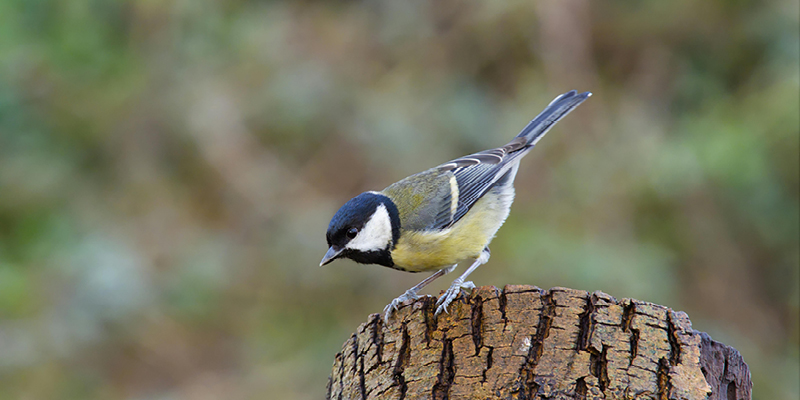In This Section
- Home
- About the College
- Governance
- College Committees & Steering Groups
- College Assembly
- College Council
- College Executive Management Committee
- College Academic Programmes and Curriculum Development Committee
- College Graduate Studies Committee
- College Research & Innovation Committee
- College Teaching Learning and Student Experience Committee
- College Student Recruitment and Outreach Committee
- College Sabbatical Research Leave Committee
- College of SEFS Adjunct Appointments Committee
- International Education Committee
- College Postgraduate Student Committee
- Athena SWAN Steering Group
- College Committees & Steering Groups
- Human Resources
- UCC STEM Awards
- Scholarships and Prizes
- Women in STEM Panel Talks
- Inaugural Professorial Lectures
- Athena SWAN in SEFS
- Proposal Calls
- Contact Us
- Science in Society Public Lecture Series
- Governance
- News
- Staff
- Schools and Departments
- Current Students
- Undergraduate Courses
- Postgraduate Courses
- International Students
- Research and Innovation
- Employability and Careers
- Outreach and Public Engagement
- Science Week
- Transition Year Programmes
Subtle environmental changes influence social structures in wild great tits, study reveals

A groundbreaking study from University College Cork (UCC) has revealed how subtle changes in the environment can significantly influence social structures in wild bird populations when they are foraging.
The findings could have broader implications for understanding how human-induced habitat fragmentation and resource distribution can impact wild birds. The study, published in the journal Animal Behaviour, led by Dr Camille Troisi, Professor John Quinn, and researchers from UCC’s School of Biological, Earth and Environmental Sciences, with international collaborators, focused on wild great tits (Parus major), and demonstrates that individual behaviour and social network metrics (SNMs) are profoundly affected by fine-scale perturbations in resource distribution and group stability.
The team conducted automated experimental treatments on RFID-tracked wild great tits. By adjusting the proximity of feeders and the identity of birds accessing them, the study simulated natural variations in food patch distribution and social group dynamics. As great tits have a fission-fusion society with groups splitting and coming together all the time, researchers aimed to manipulate this dynamic.
Additionally, the stability of group composition was examined by controlling which birds had access to specific feeders. This manipulation revealed that even when all feeders remained active, restricting individual birds to specific feeders altered their social interactions.
The study highlights how fine-scale environmental changes can alter connections in the birds’ social networks when they are foraging. Such connections are of great importance to great tits (and other animals) as they shape what individuals can learn from each other, who they learn it from, and in the end also shape culture within those populations.
Project researcher Dr Camille Troisi explained: “Our results found some robustness in social interactions, despite the manipulations of the environment: individual birds have preferences in who they associate with and are consistent in their placement in the group. This suggests that great tits have social personalities”.
For more on this story contact:
Link to journal article: https://www.sciencedirect.com/science/article/pii/S0003347224003828
College of Science, Engineering and Food Science
Coláiste na hEolaíochta, na hInnealtóireachta agus na hEolaíochta Bia
Contact us
Block E, Level 3, Food Science Building, UCC, Cork, T12 YN60.
